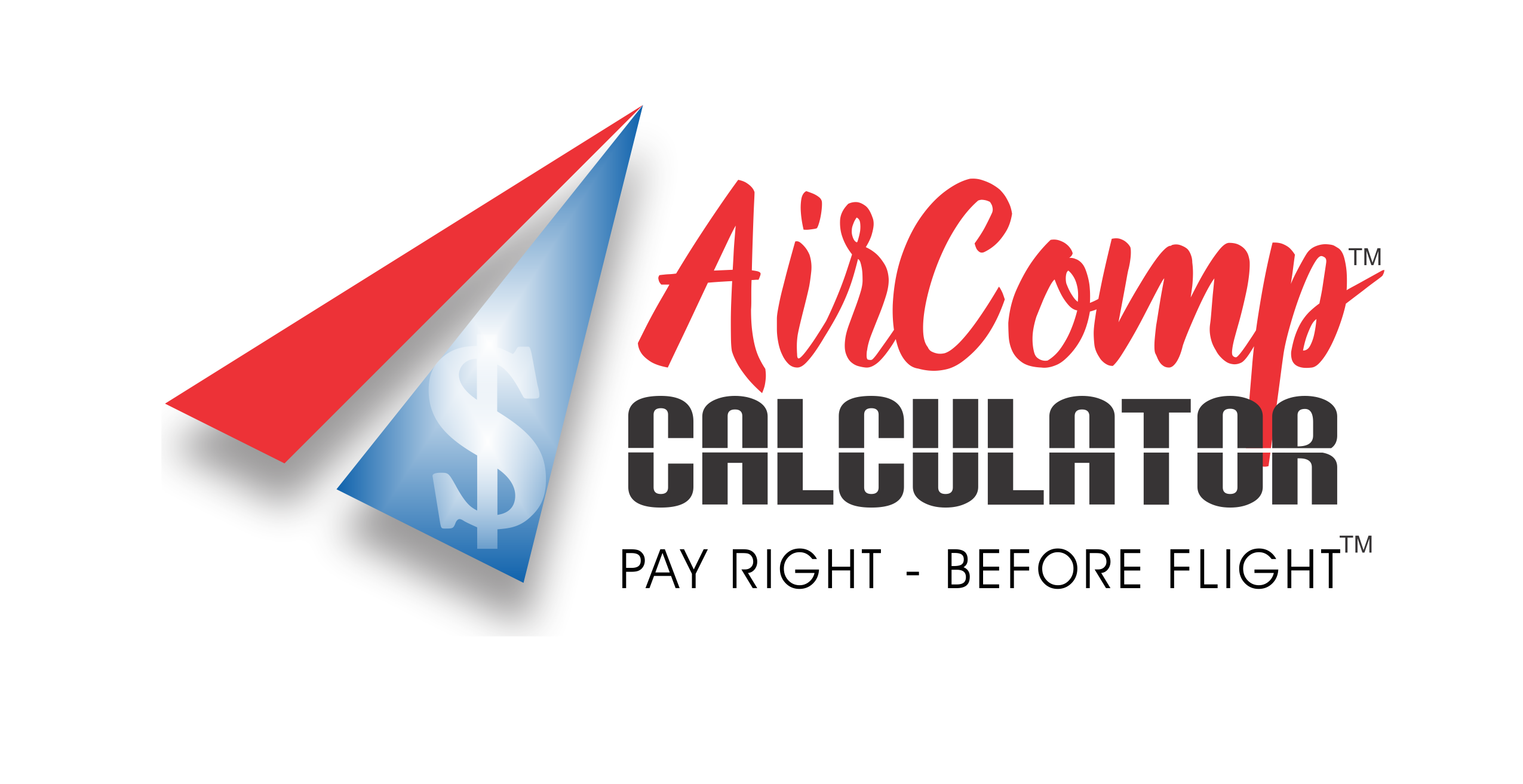Christopher M. Broyhill, Ph.D., CAM
In this week's installment of our series, we'll examine compensation trends for the often unsung heroes of corporate flight operations, the Flight Coordinator/Office Manager (Scheduling Manager), and the Scheduler. The two surveys used in this analysis both identify the senior position as Flight Coordinator/Office Manager, although the NBAA survey did not track this position prior to 2019. For the junior position, the NBAA survey titles the job simply as "Scheduler," while the Gallagher survey titles it as "Flight Coordinator/Scheduler." Unlike some of the other positions examined in this series, the compensation ranges for these two positions are fairly consistent across both surveys.

Flight Coordinator/Office Managers haven't enjoyed the drastic pay raises that their fellow workers have over the five years from 2015 to 2019. During that period, their average base salary increased from $83,871to $90,920, a gain of 8.4%. During the same period, 75th percentile base salary increased from $100,996 to $104,011. The gain over the five-year period was much lower than that of the average range at a mere 2.99%.

The trends for total cash compensation (base salary plus yearly bonus), parallel those of base salary, largely because Flight Coordinator / Officer Managers are often lower compensated employees with lower bonus percentages. In the five-year period from 2015 to 2019, their average total cash compensation increased from $91,576 to $99,989, a gain of 9.2%. 75th percentile compensation change was much lower, rising from $112,397 to $115,223, a gain of only 2.51%.

The schedulers did a little better than their supervisors over the five years from 2015 to 2019 in terms of percentage gains. Average base salary rose from $63,581 to $70,351, a gain of $10.65%. During the same period, 75th percentile base salary rose from $74,722 to $$79,761, a gain of 6.74%.

Total cash compensation followed the same trend for schedulers as base salary. Average total cash compensation rose from $67,052 to $75,411 from 2015 to 2019, a gain of 12.47%. During the same five years, 75th percentile total cash compensation rose from $77,012 to $84,622, a gain of 9.89%.
| Average Range Wage Growth | 2015 - 2019 | 75th Percentile Wage Growth | 2015 - 2019 | |
| Position | Base Salary Growth | Total Cash Compensation Growth | Base Salary Growth | Total Cash Compensation Growth |
| Aviation Manager (Flying) | 19.04% | 23.26% | 17.64% | 25.48% |
| Chief Pilot | 23.37% | 26.12% | 17.27% | 21.73% |
| Senior Captain | 19.84% | 21.96% | 29.35% | 31.88% |
| Captain | 25.02% | 26.39% | 15.61% | 22.60% |
| First Officer | 18.84% | 18.29% | 23.34% | 28.16% |
| Director of Maintenance | 15.90% | 18.88% | 17.15% | 21.66% |
| Maintenance Technician | 10.36% | 9.27% | 11.72% | 10.83% |
| Flight Coordinator/Office Manager | 8.40% | 9.19% | 2.99% | 2.51% |
| Scheduler | 10.65% | 12.47% | 6.74% | 9.89% |
| Average | 16.82% | 18.42% | 15.76% | 19.42% |
Now that we've added two more non-flying positions to the wage growth averages, we can see an interesting trend beginning to form. First of all, the overall averages for each wage category have lowered compared to our last installment in this series, but second, you can see how wages for the non-flying, lower-wage employees are not just under the averages, but significantly under the averages. On the next, and last installment of this series, we'll flight attendant compensation and see how the averages are affected.
If you want to have to ability to follow trends in business aviation compensation in real-time, instead of waiting on the next survey, you need the AirComp Calculator – the industry’s only online compensation analysis engine! Click here for more information!
